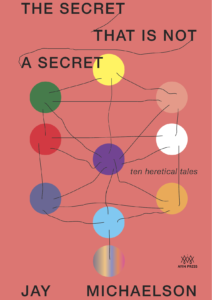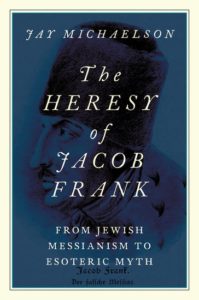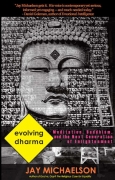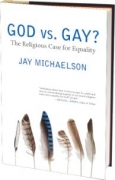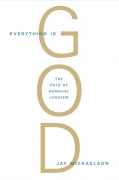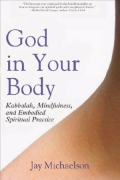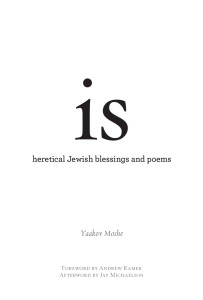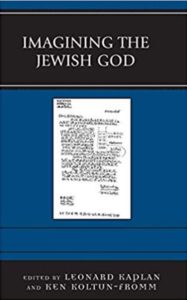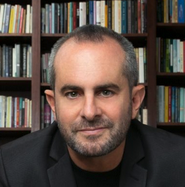Limmud Chicago
at UIC Student Center East
750 South Halsted #100
Chicago, IL
More Info / Registration
 Limmud Chicago is dedicated to the creation of engaging opportunities to experience and celebrate Jewish learning and culture. Limmud is the Hebrew word for “learning.â€
Limmud Chicago is dedicated to the creation of engaging opportunities to experience and celebrate Jewish learning and culture. Limmud is the Hebrew word for “learning.â€
Limmud Chicago is a cross-denominational, multi-generational grassroots organization of tireless volunteers from a variety of Jewish backgrounds, circumstances, affiliations, denominations and orientations. Together, participants explore all facets of Jewish life, identity and culture following the Limmud model, in which everyone has something to learn, and everyone has something to teach, and the entire community has something to gain.
Jay Michaelson will lead two sessions at Limmud Chicago:
God vs. Gay? Â The Religious Case for Equality
Religious people should support equality for gays and lesbians not despite their religion — but because of it. Â The handful of Biblical verses sometimes used against LGBT people are ambiguous, and subject to interpretation. Â This means that the real question is not “what about Leviticus?” but “what are our fundamental values about sexuality and intimacy?” Â In this text-based and no-holds-barred discussion, scholar and activist, author of the new bestselling book “God vs. Gay? Â The Religious Case for Equality,” discusses his own personal journey of acceptance and affirmation, and how the overwhelming majority of our religious values support inclusion of LGBT people. Â Plenty of time will be allowed for questions and conversation.
God Does Not Exist, God is Existence Itself: An Introduction to Nondual Judaism
God-concepts evolve over time. In the beginning, our ancestors were polytheists, animists, and nature-worshippers. Later, they developed monotheistic notions of one God in the sky, and a philosophical monotheism of one unchanging deity.  Still later, they came to see God as Ein Sof — without end — even filling every molecule in your brain and thinking your thoughts.  This nondual (“not-twoâ€) view is strikingly similar to non-Western concepts of non-self (i.e., that the notion that you are a separate “self†is only one way of looking at things) and contemporary neurological accounts of the brain and mind.  This workshop explores some of these ideas.
